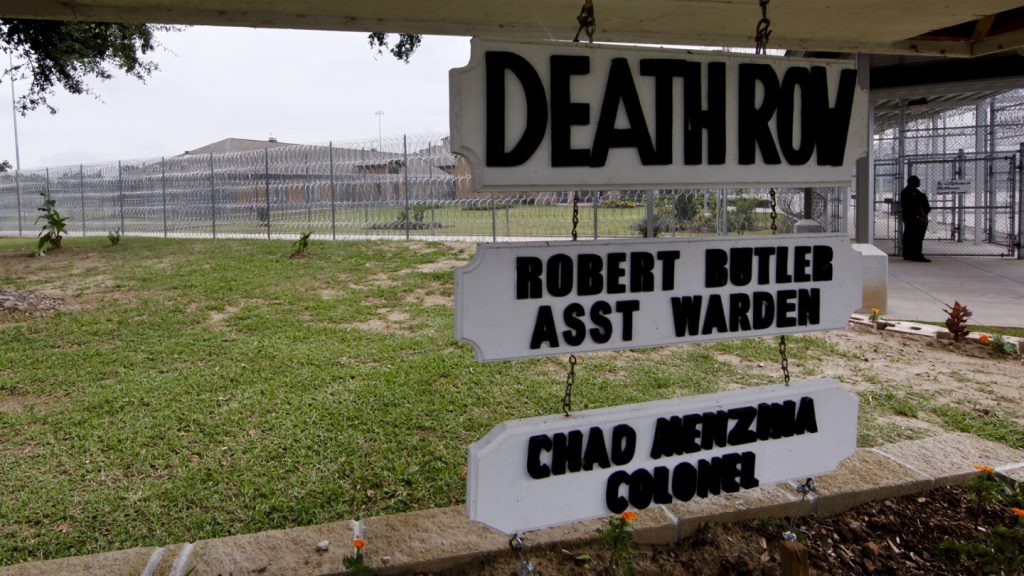In Louisiana, a bill to remove nitrogen gas as an execution method was blocked by a conservative legislative committee, despite opposition from the Jewish community who expressed trauma from the Holocaust where lethal gas was used by Nazis. The bill advanced in the Senate but was rejected in the House committee, with members arguing that the execution of criminals is not comparable to the Holocaust. The rejection of the bill by a vote of 8-3 along party lines indicates that the measure is unlikely to pass in the remaining days of the legislative session, given the strong support for capital punishment in the state.
Louisiana’s legislature, dominated by Republicans and led by conservative Governor Jeff Landry, recently added nitrogen gas and electrocution as allowable execution methods, in addition to lethal injection which had been paused for 14 years due to a shortage of drugs. The shortage of lethal injection drugs has forced states, including Louisiana, to consider alternative methods such as firing squads. In January, Alabama carried out the first execution using nitrogen gas in the United States, with state officials describing it as a “textbook” execution. The state has scheduled a second execution using nitrogen gas for September, despite legal challenges citing concerns about cruel and unusual punishment.
The use of nitrogen gas as an execution method has sparked controversy and opposition, with opponents arguing that it is inhumane and violates constitutional protections against cruel and unusual punishment. The Jewish community in Louisiana has also voiced concerns, citing trauma from the Holocaust as a reason to reject the use of lethal gas. However, supporters of the method argue that it is a necessary and effective means of carrying out the death penalty for convicted criminals. The rejection of the bill to remove nitrogen gas as an execution method highlights the ongoing debate and division over capital punishment in Louisiana and other states.
With about 60 people currently on death row in Louisiana and no scheduled executions at the moment, the debate over execution methods and the broader issue of capital punishment is likely to continue in the state. The rejection of the bill by the legislative committee indicates that the use of nitrogen gas as an execution method is here to stay, despite legal challenges and concerns raised by opponents. The decision to add nitrogen gas and other methods as allowable means of execution reflects the changing landscape of capital punishment in the United States, with states exploring alternative methods due to the challenges of obtaining lethal injection drugs.


